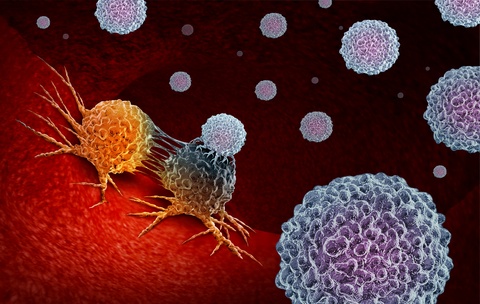How Immunotherapy Transformed a Mesothelioma Patient’s Life
An elderly man went to the hospital for treatment for two different types of cancer, nasopharyngeal carcinoma and mesothelioma. His treatment with immunotherapy was successful and improved his outlook. Unraveling the Complexity of Mesothelioma Mesothelioma is a rare type of cancer that grows in the lining of organs in the body. In this case, the patient had mesothelioma in his abdomen. This cancer is caused by exposure to asbestos. When a person has mesothelioma in their abdomen, the tumors can grow and spread to cover a large area. It can be difficult to diagnose because of its vague symptoms, like abdominal pain, bloating, and weight loss. And it is even harder to treat because it is often diagnosed at a…









